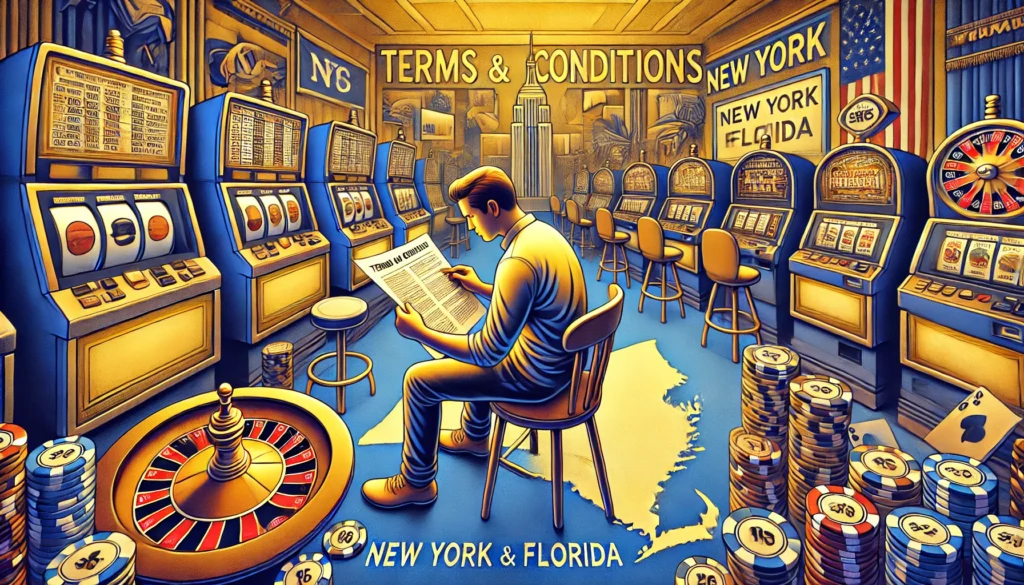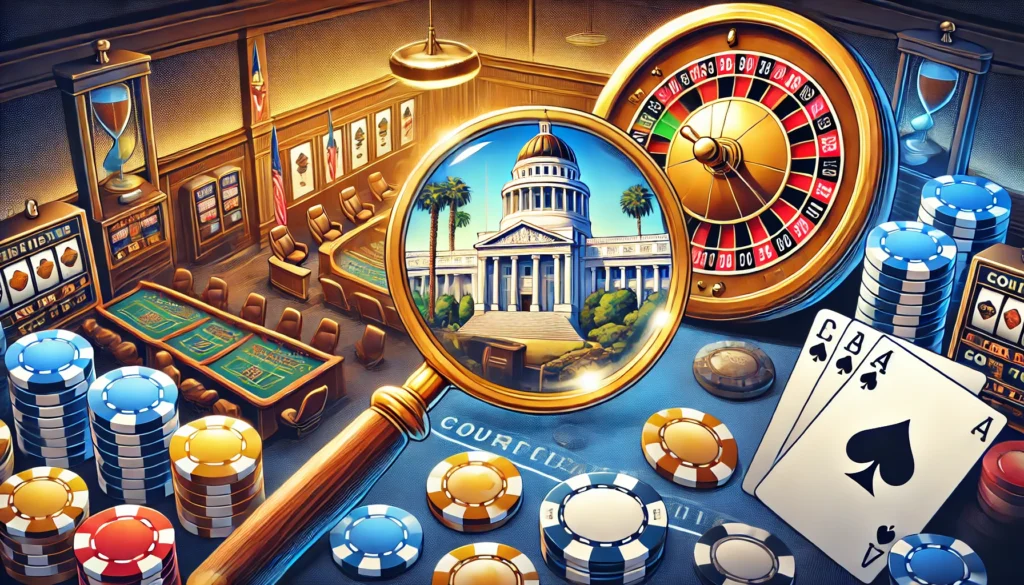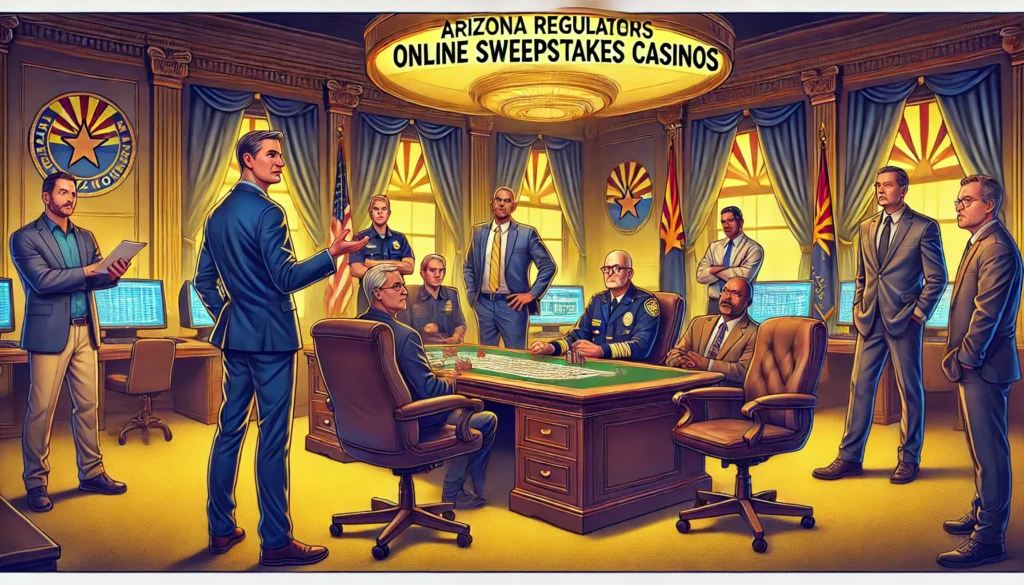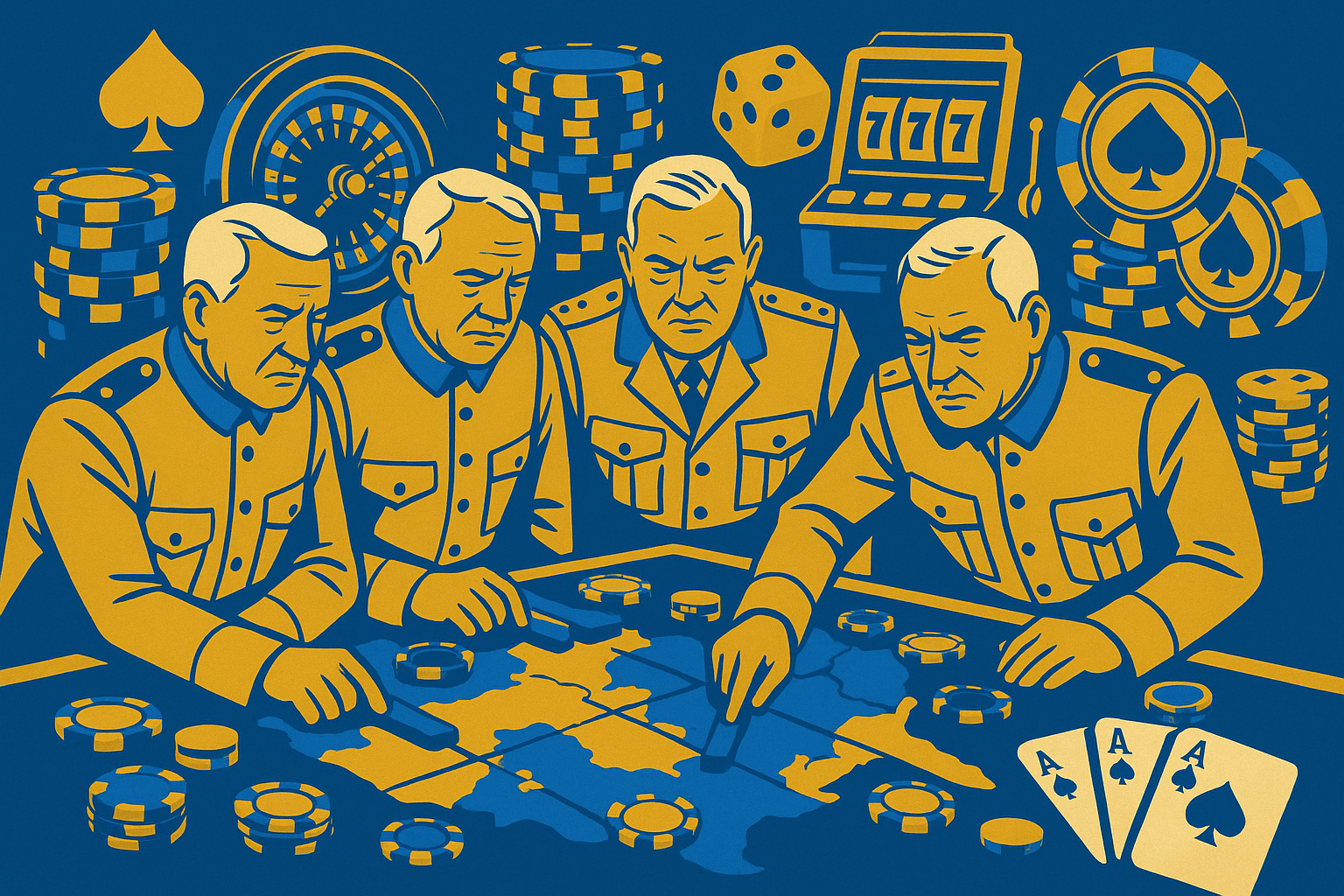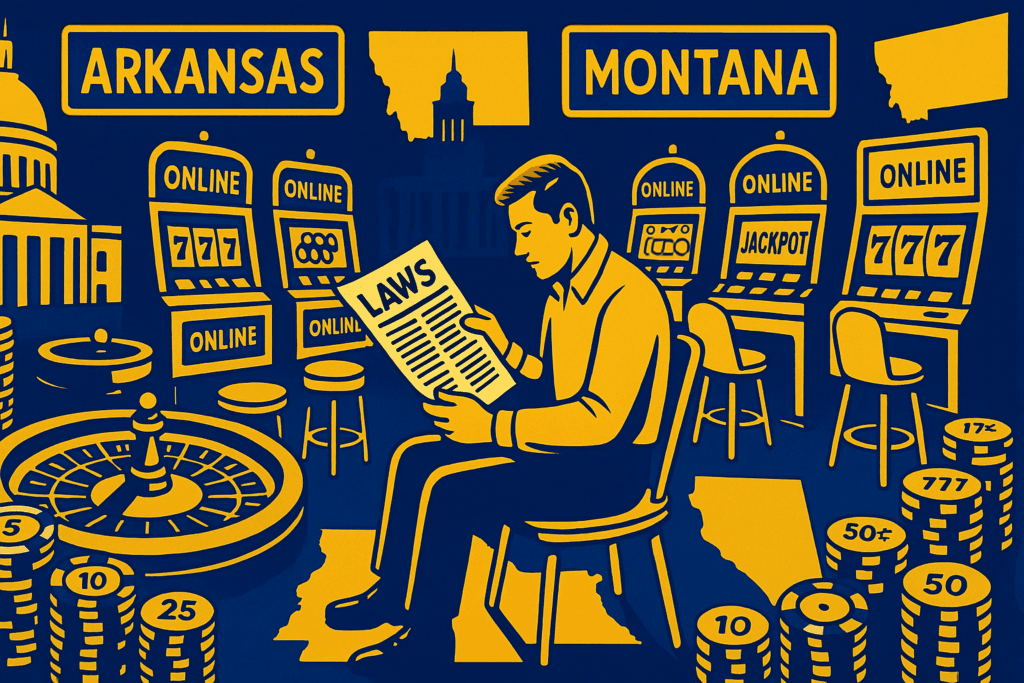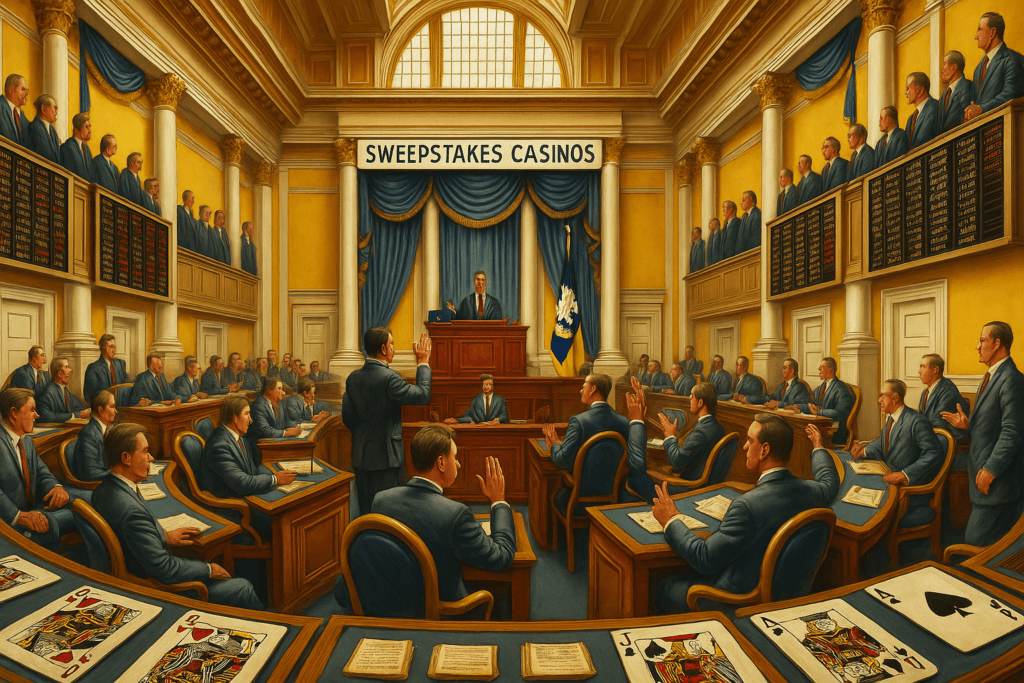One of the more prominent brands in the sweepstakes casino space is now facing a lawsuit in California.
A lawsuit filed in the San Francisco Superior Court named High 5 Entertainment (parent company of High 5 Casino) as the defendant. The suit alleges that High 5 Entertainment “has scaled up, on a massive scale, an illegal tactic that criminals once attempted to use to evade state gambling laws.”
The lawsuit goes on to expand on the “illegal tactic” it refers to by comparing it to tactics used by internet cafes in California in the early 2000s.
Calling it the “Internet Cafe Gambling Scam,” the suit brings up internet cafes that would offer sweepstakes entries to customers who purchased internet time or other services. Those sweepstakes entries would come in the form of “sweepstakes points,” which customers could use to play casino-style slot games and potentially win cash prizes at computer terminals located within the internet cafe.
Gambling industry analyst Daniel Wallach first reported the lawsuit against High 5 Entertainment, which names Thomas Portugal as the plaintiff and Smith Krivoshey, PC as the plaintiff’s legal representation.
NEW: Sweepstakes casino operator High 5 Entertainment has been sued in San Francisco Superior Court for operating an illegal gambling website in violation of California law. This is the first sweeps case to draw parallels to the Internet cafes and the first to cite CA caselaw. pic.twitter.com/RaMFQjKxKs
— Daniel Wallach (@WALLACHLEGAL) December 28, 2024
Comparing Sweepstakes Casinos to Internet Cafes
Sweepstakes casinos are legal in California under the larger umbrella of sweepstakes gaming. The sweeps casino industry is booming across the U.S., with more than 45 states allowing access to platforms like High 5 Casino and its competitors.
Sweeps casino sites like High 5 Casino offer games that award “Sweeps Coins,” which are sweepstakes credits that can be redeemed for cash prizes. While only a few U.S. states offer access to real-money online casinos, sweepstakes casinos offer access to “casino-style games” in nearly every state.
These online sweeps casino platforms adhere to sweepstakes gaming laws by offering various ways to obtain Sweeps Coins for free, with no purchase necessary.
Players can also get Sweeps Coins as a “free gift” or “purchase bonus” when they buy “Gold Coins” play money credits. Players can’t directly purchase Sweeps Coins at a sweepstakes casino.
The lawsuit against High 5 Entertainment compares the Sweeps Coins gaming model to the model used by the internet cafes of yesteryear.
“Many states’ gambling and/or sweepstakes laws require three elements: prize, chance, and consideration (i.e., payment),” the lawsuit states. “By artificially separating the consideration from the chance to win real money, operators of internet cafes believed they could evade state gambling laws, while claiming that the activities were no different from the kinds of sweepstakes promotions occasionally offered by Publisher’s Clearing House and McDonald’s.”
The suit goes on to cite California Business and Professions Code 17539.1(a)(12), which outlaws sweepstakes that “simulate gambling” or involve “gambling-themed games.”
According to Wallach, the lawsuit is the first to compare the sweeps casinos business model to the internet cafe model.
High 5 Entertainment was named as a defendant in a different suit filed in New Jersey in early December. Plaintiff Julian Bargo is a New Jersey resident who alleges that High 5 Casino, McLuck, Wow Vegas, and CrownCoins are illegal gambling operations.
That suit also names Apple, Apple Pay, Google, and Google Pay as supporting illegal gambling operations under the Racketeer Influenced and Corrupt Organizations Act (aka RICO Act).


